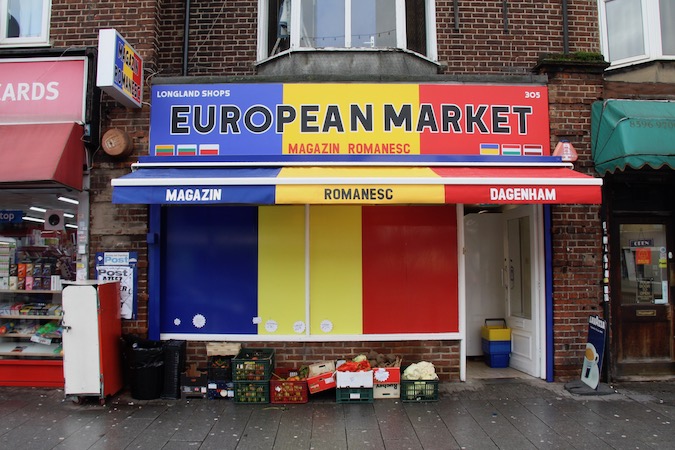The government’s plans for new, post-Brexit immigration rules have been greeted with a measured public response by London business groups and analysts. Richard Burge, the new chief executive of the London Chamber of Commerce and Industry welcomed the reduction of the skilled worker salary threshold from £30,000 a year to £25,600, the suspension of the cap on the number skilled workers, and the change to the definition of “skilled”. He added: “It’s good to see the government beginning a programme of engagement, as businesses and their employees will need to know how the system will work in practice.”
Burge stressed, however, that “it is vital that the UK’s domestic skills system provides the training that its citizens need in order to access jobs,” saying that employers must be “ready to work with the government and the public sector to ensure that relevant skills are acquired and applied”. He said that London businesses share the government’s stated goal of providing skills and immigration systems that will “give public and private sector employers access to talent at all levels.”
Jasmine Whitbread, chief executive of London First was also pleased to see the salary threshold lowered, something her organisation has been campaigning for. Business will “breathe a sigh of relief” she said “as a £30,000 bar would have wreaked havoc on the economy”. London first and others would, though, prefer to see it set at £20,000. Whitbread also accepted the government’s point that more investment in training “homegrown talent” would be right, but warned that, “firms still need access to overseas workers to keep our economy at full strength and to deliver the Government’s ambitious agenda.”
She added: “With new rules coming into force in just 10 months, businesses need time to adapt, so a two-year temporary visa is a must for key sectors like hospitality, social care and logistics. The government should also clarify asap when new sponsorship arrangements will come into place, so that small businesses can get ready in time.”
Richard Brown, deputy director of think tank Centre for London, took a similarly nuanced approach. “Clarity on the new immigration system will be welcomed by London employers, as will the lower salary thresholds proposed by the government,” he confirmed. “However, London sectors such as construction, hotels and restaurants, in which around a third of workers currently come from other European countries, will face big challenges if their jobs are defined as ‘low skill’, and therefore ineligible for work visas.”
Brown too allowed for the possibility of a silver lining: “In the long term, this may trigger welcome improvements to working conditions, a renewed focus on training British workers, and more investment in technology”. However, he noted that “the transition could be rough for many small businesses”.
Comment from elsewhere been more pointed. The government calls its proposals as an ‘Australian-style points system”, but shadow home secretary and London MP Diane Abbott has derided this a meaningless soundbite, saying that in practice the new system will need to allow numerous exemptions in order to maintain staffing levels in the health service, social care provision and various parts of the private sector. And from a quite different direction, Carolyn Fairbairn, director general of the Confederation of British Industry has said that, while several aspects of the new system are welcome “in some sectors firms will be left wondering how they will recruit the people needed to run their businesses”.
Around 700,000 members of London’s roughly 5.2 million workforce were born in European Union countries, and they make up substantial proportions of Londoners employed in construction, the creative industries, health, hospitality and financial services. There have already been falls in the numbers of EU citizens registering for work in capital since the 2016 referendum. The shift in national government’s position on immigration has brought some sighs of relief, but many employers of many kinds will still be holding their breath.
London.co.uk is committed to providing the best possible coverage of London’s politics, development, social issues and culture. It depends on donations from readers. Individual sums or regular monthly contributions are very welcome indeed. Click here to donate via PayPal or contact davehillonlondon@gmail.com. Thank you.


Rather than bleat about immigration rules can we not see attention to removing the obstacles that prevent young Londoners and those currently excluded from the workforce from filling the gaps. There are reasons for the high drop out rates from nursing degree courses and the low take up of nursing apprenticeships. Pay while under training is only one of them. For example, the provision of sheltered accommodation for trainees (all ages) at risk of domestic or sexual abuse could make a real difference in some parts of London. But that would require not only recognising the problem but addressing the means of preventing trainees from those in positions of authority who would wish to track them down in order to help protect the “honour” of the family or community.